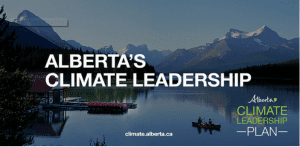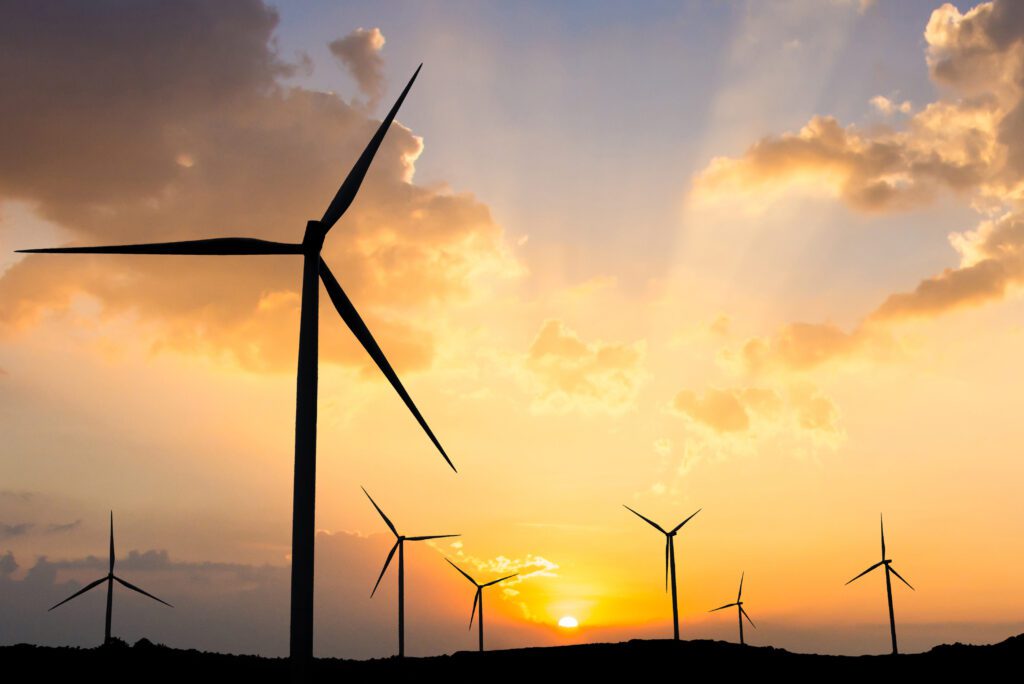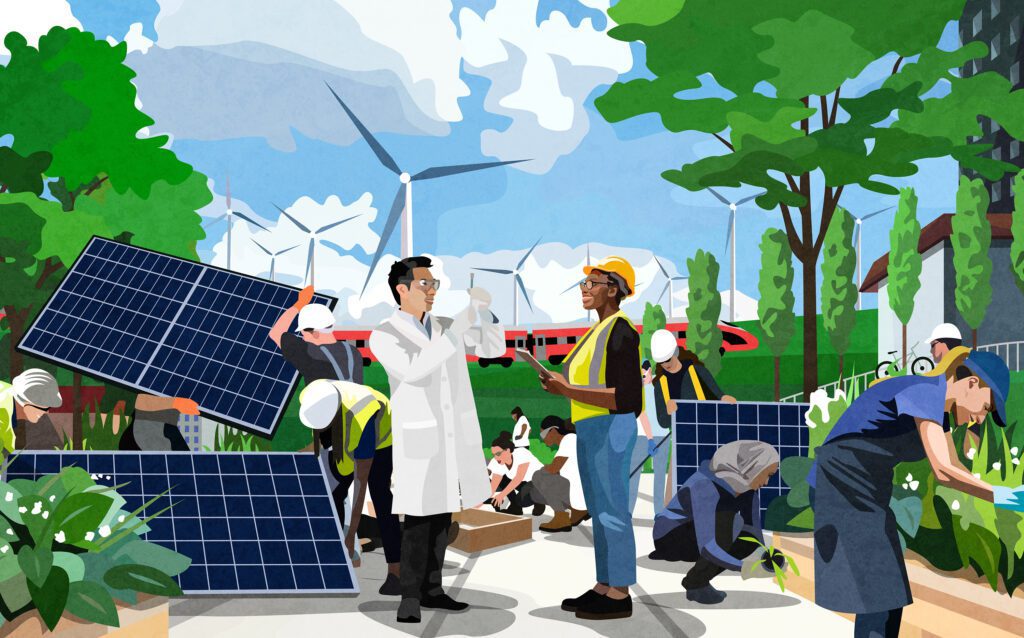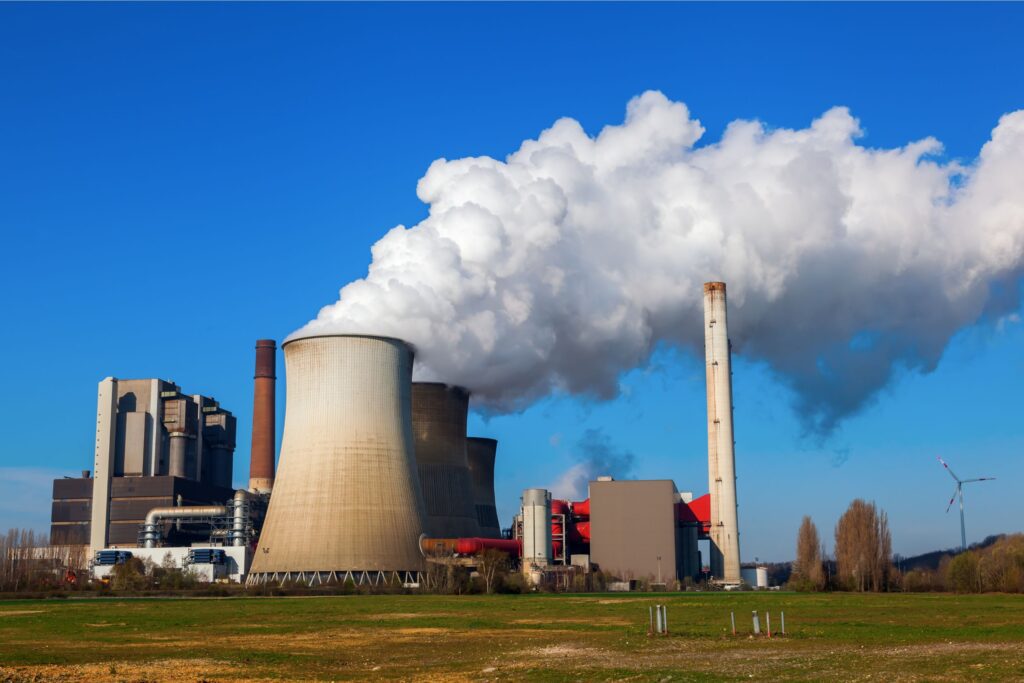Environmentalists and oil sands representatives sitting at the same table? That’s not something you hear about everyday.


Today, the Alberta government took an important step towards implementing its Climate Leadership Plan by establishing a multi-sector Oil Sands Advisory Group (OSAG), comprised of oil industry representatives, Aboriginal people, community representatives and environmental groups. The group will work jointly on key issues critical to the Plan’s success and recommend solutions to government.
I’m pleased to be appointed to this group by the Alberta government to represent Environmental Defence. But let me be clear: being part of this group does not mean Environmental Defence will stop speaking out about the oil sands’ impacts on our environment. And it doesn’t mean Environmental Defence will stop raising awareness about pipelines like Energy East that put our water, air and communities at risk. Being a member of the advisory group is yet another channel to make our concerns heard and help governments find solutions.
A bit of background: The news announced today is related to what happened a few months back, in November, when I stood on the stage with Premier Notley and others when the Premier announced Alberta’s Climate Leadership Plan.
The Plan will place a much-needed legislated cap on emissions from the tar sands, which would make Alberta the first oil-producing jurisdiction with a legislated cap, demonstrating clear leadership and a sign of progress won by Canadians’ expressing their concerns about the impacts of climate change. The plan would also phase out coal-fired electricity by 2030, invest in renewable energy and start a carbon tax that will be used to support a transition toward a low-carbon economy. The Plan represents a sea change in Alberta climate change policy. And it will make it more feasible for Canada to develop a climate plan consistent with our international commitments like those made in the UN Paris Agreement.
One of the first tasks of the advisory group will be to advise on the implementation of the government’s commitment to legislate a limit on tar sands’ carbon emissions and address environmental issues that include tar sands’ impacts on air, water quality and quantity, bio-diversity, and the cumulative effects of development. This is no small task. Unless the oil sands emissions are capped, Canada’s overall emissions will continue to climb. Unless environmental issues, like leaking tailings ponds, are addressed communities and ecosystems will continue to suffer.
Environmental Defence is joining others at the table to help make the job of implementing the Climate Leadership Plan a reality. We are fully aware that previous multi-stakeholder processes in Alberta were launched, then stumbled and ultimately failed to change the trajectory of oil sands development or impacts. We believe this is a different situation where the advisory group will be operating within a context of a clear plan, backed by government that is being watched around the world.
For our supporters, you can count on Environmental Defence to be fact-based and collaborative in our contributions. And you can count on us to defend the interests of our shared climate, air, lands and water. We will only support solutions that are consistent with the Alberta Climate Leadership Plan and that will address the environmental impacts of the oil sands.
Sitting down with others to tackle these challenges will be hard, but hard work can bring important solutions. And what’s at stake is too important not to at least try. At Environmental Defence, we’re not afraid of hard work, even if it means sitting down at the table with the same groups we need to sometimes criticize for their environmental behaviours.







